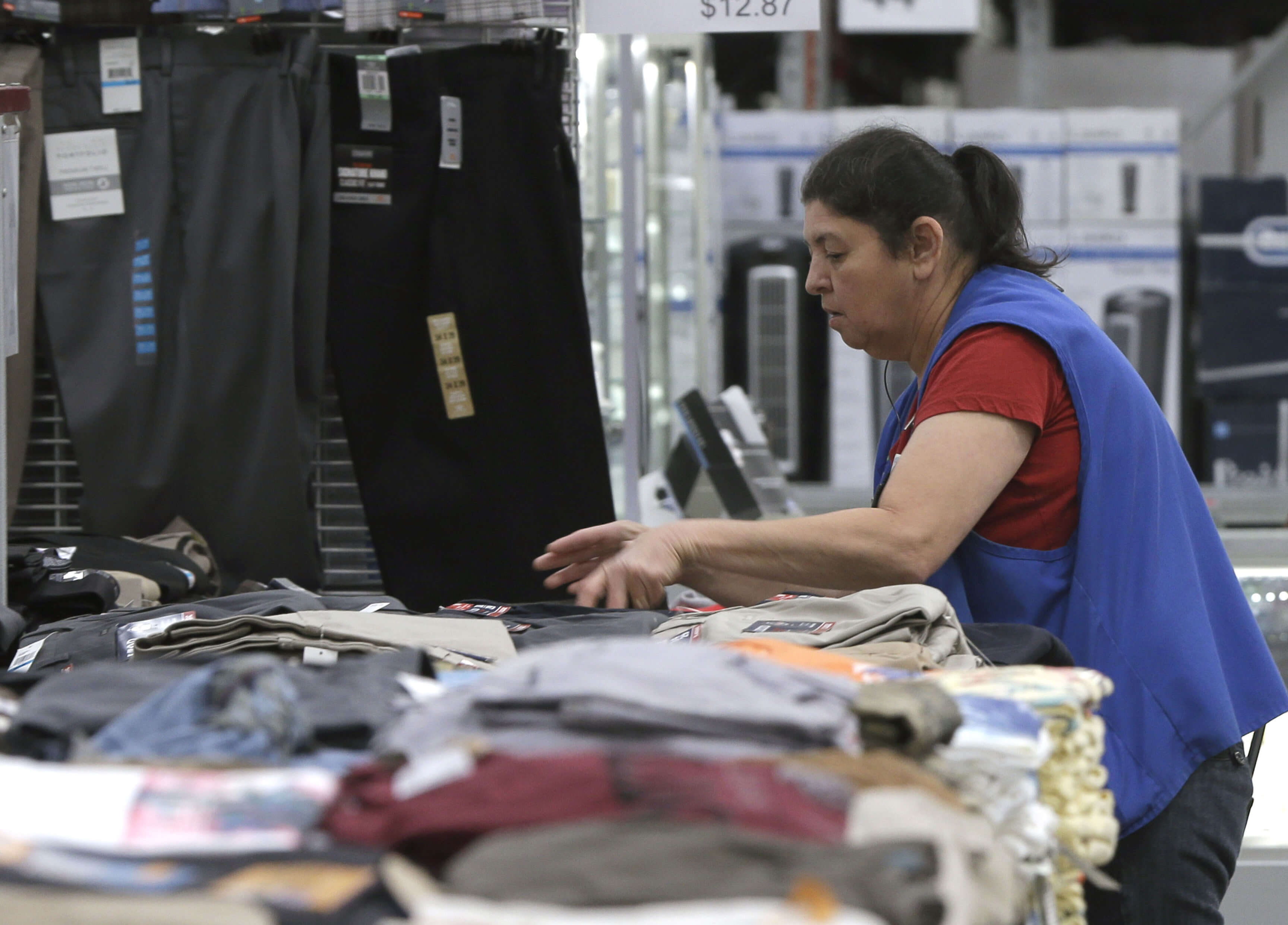Lessons from a research and advocacy roundtable
Overview
Over the past 80 years, the nature of work scheduling problems has changed. Large numbers of workers in the United States face work schedules that are unpredictable and unstable. Many have difficulty amassing a sufficient number of work hours to pay the bills. A growing body of research on “just-in-time” scheduling in the retail and service sector illustrates the consequences that bad work schedules have for people’s lives. But to effectively improve scheduling quality for all workers, more information is needed about contemporary scheduling problems across a wider range of industries.
This past February, the Washington Center for Equitable Growth hosted a convening of researchers, advocates, and workers to discuss scheduling practices in the warehouse sector. As job quality in the U.S. warehouse sector gains prominence in the national dialogue due to the coronavirus pandemic, scheduling practices should be recognized as important in warehouse employees’ quality of life and quality of work. This report lays out the ways that scheduling intersects with other dimensions of job quality and charts a path for researchers hoping to engage with questions related to the warehouse workers who suddenly find themselves on the frontlines of the pandemic.
Download File
Unboxing scheduling practices for U.S. warehouse workers
Key Takeaways
- Research in the retail and service sector has been foundational to our understanding of scheduling practices and quality, but it may not be generalizable to warehouses.
- Researchers and advocates interested in warehouse scheduling must be cognizant of the broader context of the warehouse industry, such as variations in supply chains, outsourcing, and the use of new technology.
- Warehouse workers face serious challenges to their health and well-being due to unsafe working conditions and an overly taxing pace of work. These job-quality issues are intertwined with scheduling issues and should be studied in tandem.
- Replicating the developmental pathway of scheduling research in the retail and service sector will inform the field’s understanding of warehouse scheduling and aid policymakers interested designing appropriate interventions.
Related
Explore the Equitable Growth network of experts around the country and get answers to today's most pressing questions!







